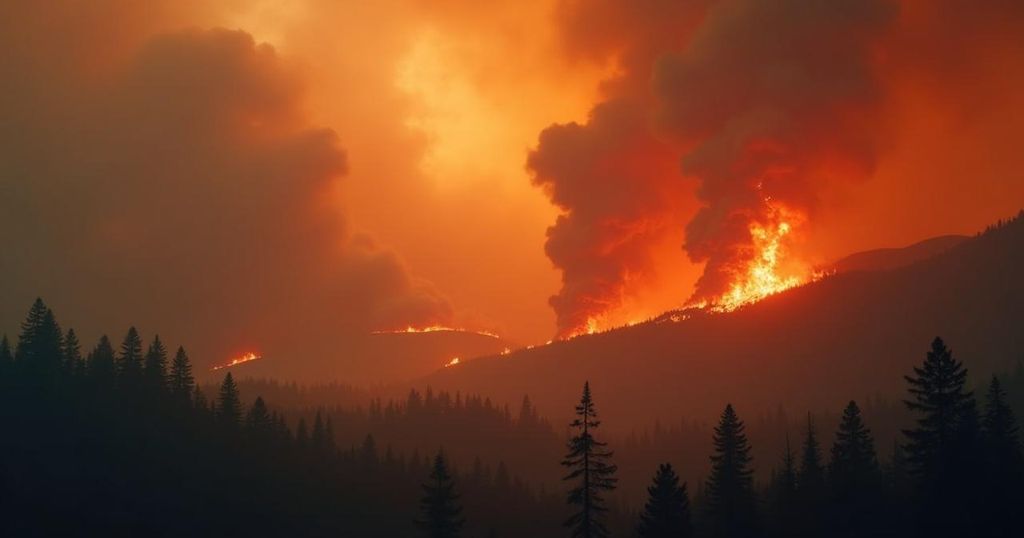The Alarming Wildfire Crisis in South America: An Urgent Call for Action

South America faces a devastating crisis from widespread wildfires caused mainly by human activities, exacerbated by severe drought and climate change, leading to health emergencies, environmental devastation, and urgent calls for collective global action.
The skies of Rondônia, Brazil, once celebrated for their clarity, have been heavily obscured by thick smoke due to widespread wildfires largely resulting from human activity. These fires, fueled by a combination of manmade land clearance practices and a record legal drought influenced by climate change phenomena like El Niño, have engulfed vast portions of South America, affecting countries such as Ecuador, Paraguay, and Peru. Due to the severity of the situation, air travel has been disrupted, schools have closed, and medical facilities are reporting increased cases of respiratory issues among residents. Dr. Lilian Samara de Melo Lima, a general practitioner in Porto Velho, has noted the dramatic increase in health issues linked to the thick smog permeating the area, stating, “These days we can’t even see the other bank of the river.” The effects are not limited to Brazil; entire regions across South America are feeling the brunt of these wildfires, which have been linked to illegal clearing practices for agriculture, particularly cattle and soy production. Further exacerbating the crisis, more than 180,000 hectares of land have burned in Paraguay, including the Chaco ecosystem, an area critical to its Indigenous populations. Fires in Peru have also claimed lives and led to the declaration of states of emergency in several regions. Prime Minister Gustavo Adrianzén faced backlash for underestimating the human role in these fires, emphasizing the need to address the root causes rather than attributing them solely to traditional farming methods. Meanwhile, in Bolivia, a national disaster has been declared in response to the destruction of 4.6 million hectares of forest, indicating one of the most severe environmental crises the country has faced. The increasing frequency and intensity of these fires prompt scientists and health officials to highlight the urgent need for collective climate action. Health Secretary Marilene Penati poignantly remarked on the devastation, declaring, “The Earth is sick … the Earth is crying out for help.” The tragic truth reflects a deeper environmental emergency that demands immediate attention and dedicated response efforts from not just South America, but the global community.
The article addresses the growing concern over environmental devastation in South America, highlighting the escalating issue of wildfires primarily attributed to agricultural expansion practices linked to climate change and droughts. With significant ecological ramifications, these fires disrupt air quality, endanger health, and threaten wildlife and Indigenous communities. The narrative encapsulates the broader implications of these environmental crises, indicating a need for urgent action and awareness at a global scale.
The rampant wildfires across South America have resulted in dire health and environmental consequences, emphasizing a broader climate crisis that requires urgent attention. Medical professionals and scientists alike are calling for preventative action to mitigate further destruction and foster a sustainable relationship with the environment. As health secretary Marilene Penati articulated, the necessity of listening to the Earth’s warning is increasingly pressing, underscoring the urgent need for collective responsibility and action to address ecological degradation and protect vulnerable communities.
Original Source: www.theguardian.com





